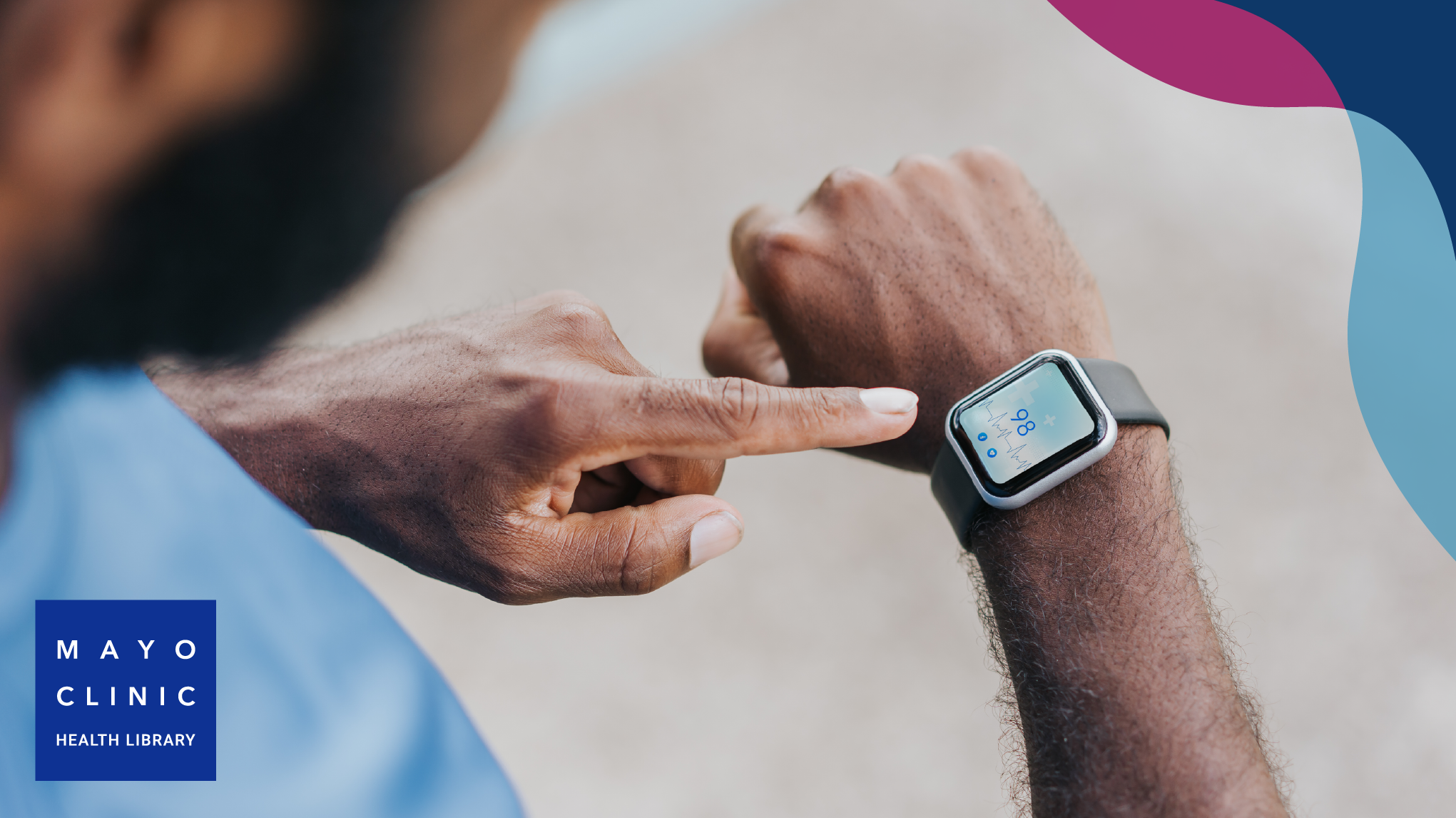
Chemotherapy side effects: A cause of heart disease?
Can chemotherapy increase the risk of heart problems?
Yes. Some chemotherapy medicines can increase the risk of heart complications. Heart complications also can happen with other cancer treatments. These other treatments include targeted therapy medicines, immunotherapy treatments and radiation therapy.
Examples of cancer treatment complications that can affect the heart include:
- Changes in heart muscle function, called cardiomyopathy.
- Swelling and irritation of the heart muscle, called myocarditis.
- Swelling and irritation of the layer of tissue around the heart, called pericarditis.
- Build up of fluid around the heart, called pericardial effusion.
- Changes in the heart valves.
- Changes in the heart's rhythm, called arrhythmia.
- A blood vessel condition that happens when blood vessels clamp down and reduce blood flow, called vasospasm.
- Narrowing of the blood vessels in the heart, called coronary artery disease.
- Heart attack.
- High blood pressure.
- Blood clots.
Whether you're at risk of heart complications during and after cancer treatment depends on many factors. It depends on how healthy your heart and blood vessels are to begin with. It also depends on the treatment you receive. Some medicines carry a higher risk of heart complications in general or if given at a higher dose. People who already have heart conditions may be at higher risk.
Before starting cancer treatment, a member of your healthcare team may ask you about any history of heart or blood vessel diseases. You may have heart function testing, especially if your cancer treatment may affect your heart. If you have a preexisting heart condition, you might need a different treatment or a different medicine.
During cancer treatment, you may need occasional heart monitoring. This may involve blood tests and checking your blood pressure and heart rate. It also might involve an electrocardiogram or an ultrasound evaluation of your heart. The frequency of the monitoring depends on the type of treatment you receive. Monitoring might continue after treatment too.
At some medical centers, including at Mayo Clinic, heart doctors and cancer doctors work together to care for people who have a risk of heart complications before, during and after cancer treatment. Heart doctors are called cardiologists and cancer doctors are called oncologists, so this area of medicine is sometimes called cardio-oncology.
Updated on Oct 17, 2024
© 2023 Mayo Foundation for Medical Education and Research. All rights reserved. Terms of Use
